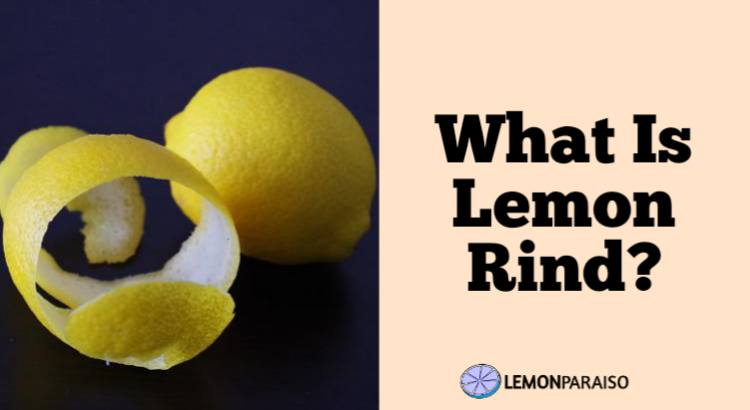Uses For Lemon Juice In The Garden (40 List)
One of the primary uses of lemon juice in the garden is as a natural pesticide. The acidity in lemon juice can help kill off harmful insects and pathogens that can harm your plants. Simply mix a few tablespoons of lemon juice with water and spray it directly onto the leaves of your plants to help protect them from harmful pests.
Another benefit of lemon juice in the garden is its ability to neutralize soil acidity. If you have soil that is too acidic, it can be difficult for plants to absorb essential nutrients. To help balance the pH levels in your soil, simply mix a few tablespoons of lemon juice with water and sprinkle it over the soil around your plants.
Lemon juice can also be used to deter pests, such as slugs and snails, from your garden. Simply sprinkle lemon juice around the perimeter of your garden or directly on the leaves of your plants to help keep pests away.
In addition to its pesticidal properties, lemon juice can also help improve the health of your soil. The acidity in lemon juice can help break down organic matter in the soil, making it easier for plants to absorb essential nutrients. To use lemon juice for this purpose, simply mix a few tablespoons with water and pour it directly onto the soil around your plants.
Finally, lemon juice can be used to promote plant growth by providing plants with the essential nutrients they need to thrive. Simply mix a few tablespoons of lemon juice with water and spray it directly onto the leaves of your plants to help encourage healthy growth.
40 Uses For Lemon Juice In The Garden
- Natural pesticide
- Neutralizing soil acidity
- Deterring pests such as slugs, snails, and ants
- Improving soil health
- Promoting plant growth
- Increasing plant’s resistance to diseases
- Reducing powdery mildew and black spot on plants
- Cleaning and disinfecting garden tools
- As a substitute for chemical herbicides
- Enhancing the flavor of fruit trees
- Preventing the spread of certain plant diseases
- Encouraging the growth of acid-loving plants
- Repurposing lemon rinds as a natural mulch
- Dealing with yellowing of leaves on plants
- Killing weeds naturally
- Clearing algae from bird baths and pond surfaces
- Improving the health of indoor plants
- Boosting the nutritional content of compost
- Aiding in the breakdown of clay soil
- Clearing mineral buildup from garden hoses
- Using lemon juice as a fertilizer for acid-loving plants
- Brightening up faded flowers
- Preventing cut flowers from wilting
- Soothing bee stings and insect bites
- Repurposing lemon peels as a natural insect repellent
- Reducing the bitterness of soil-grown vegetables
- Using lemon juice to clean and disinfect garden containers
- Using lemon juice to remove rust from metal garden tools
- Using lemon juice to remove sap from surfaces
- As a remedy for scaly leg mites in chickens
- Deodorizing compost piles
- Repurposing lemon peels as a natural deterrent for animals in the garden
- Clearing mineral buildup from plant leaves
- Clearing mineral buildup from drip irrigation systems
- Using lemon juice as a spray to deter squirrels from bird feeders
- Removing stains from garden furniture
- Clearing mineral buildup from garden statues
- Clearing mineral buildup from garden fountains
- Using lemon juice to clean and disinfect greenhouse surfaces
- Enhancing the flavor of homemade herbal teas.
Is lemon Juice Good For My Plants?
Yes, lemon juice is good for plants in many ways. The acidic nature of lemon juice can serve as a natural pesticide, neutralizing soil acidity, and deterring pests such as slugs and snails. This helps protect your plants from harmful insects and pathogens, allowing them to thrive.
The acidity in lemon juice can also help break down organic matter in the soil, making it easier for plants to absorb essential nutrients. This can improve the health of your soil and promote healthy plant growth.
In addition, lemon juice can provide plants with essential nutrients, helping to encourage healthy growth and improve their overall health. The acidity of lemon juice can also help reduce bitterness in soil-grown vegetables, making them more palatable.
Will Lemon Juice Hurt My Plants?
Lemon juice is generally safe for plants, but it should be used in moderation. While the acidity in lemon juice can be beneficial in small amounts, too much of it can be harmful to your plants. The acidity can damage the roots and leaves of your plants, causing stunted growth, yellowing of the leaves, or even death. Therefore, it’s important to use lemon juice sparingly and dilute it with water before applying it to your plants.
Additionally, lemon juice can also affect the pH levels of your soil, so it’s important to monitor the pH levels regularly if you are using lemon juice on a regular basis. Lemon juice has a pH of 2, which is very acidic, and can lower the pH of your soil if used in large amounts. This can be harmful to some plants that prefer a neutral or slightly acidic soil.
Therefore, it’s important to research the specific requirements of your plants before using lemon juice on them, and to always use it in moderation.
Is lemon Juice Good Fertilizer?
Lemon juice can be used as a fertilizer for plants that prefer a more acidic soil environment. The citric acid in lemon juice helps to lower the pH levels of the soil, making it more acidic. Lemon juice can also provide plants with essential nutrients such as calcium and magnesium, which can promote healthy growth and prevent deficiencies.
However, it’s important to use lemon juice sparingly and dilute it with water before applying it to your plants, as too much acidity can be harmful to the roots and leaves. Additionally, it’s important to regularly monitor the pH levels of the soil to ensure that they remain within a healthy range for your plants.
Can I Add Lemon Juice To Soil?
Yes, you can add lemon juice to soil to help improve the health of acid-loving plants. To add lemon juice to soil, simply mix a small amount of lemon juice with water and sprinkle it on the soil around the base of the plant.
It’s important to use lemon juice sparingly and dilute it with water before applying it to your soil, as too much acidity can be harmful to the roots and leaves of your plants.


